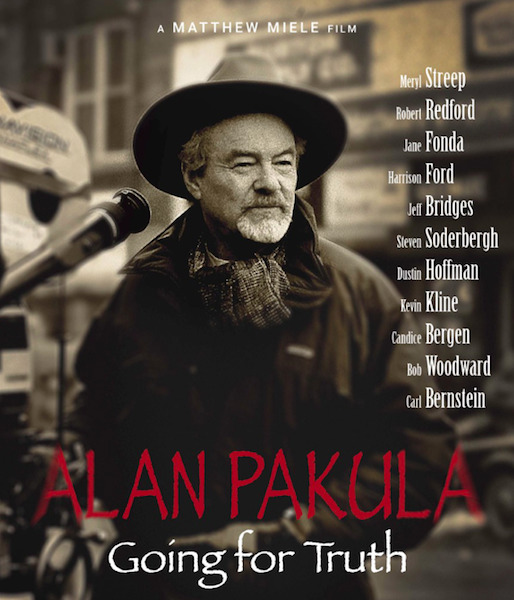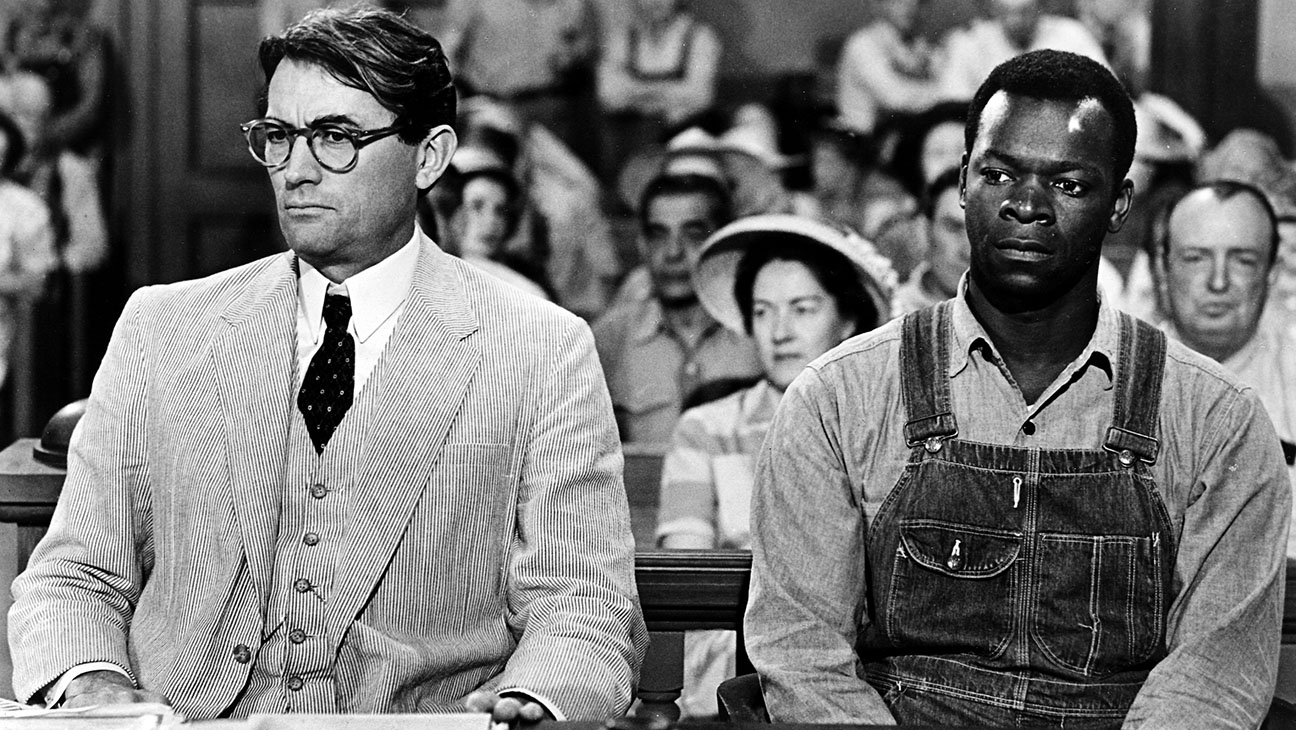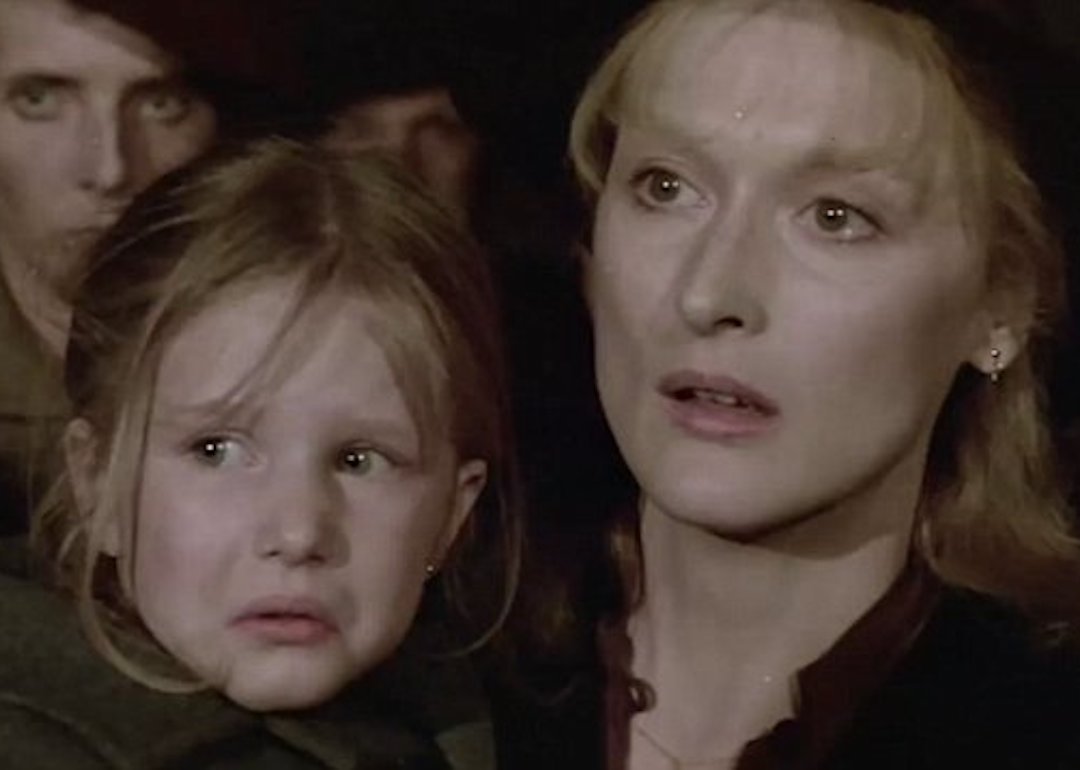
Alan J. Pakula was an insightful film craftsman. He began as a producer and eventually switched to directing, maintaining extreme sensitivity in selecting every story he brought to the silver screen, guiding his actors to embody their characters with utter authenticity. In his lifetime he was nominated for three Academy Awards: Best Picture for To Kill a Mockingbird (1962) with Gregory Peck, Best Director for All the President’s Men (1976) with Robert Redford and Dustin Hoffman, and Best Adapted Screenplay for Sophie’s Choice (1982) with Meryl Streep. Furthermore, he is remembered for directing Klute (1971) with Jane Fonda The Parallax View (1974) with Warren Beatty, Presumed Innocent (1990) with Harrison Ford, and working with the best actors of the 20th century.
Alan Pakula: Going For Truth is the love letter by Matthew Miele who, through this compassionate documentary, retraces the quiet charisma of this extraordinary filmmaker. The film features interviews with Jane Fonda, Meryl Streep, Julia Roberts, Dustin Hoffman, Harrison Ford, Robert Redford, Jeff Bridges, Kevin Kline, Steven Soderbergh, James L. Brooks, Hannah Pakula along with many other cast and crew.

The extraordinary Pakula was mourned by all of his collaborators once he passed away in the most unexpected and misfortunate way: he was driving on the Long Island Expressway when a driver in front of him struck a metal pipe, causing it to crash through his windshield, striking him in the head. The circumstance, as one of the film’s interviewees says, “was like bad movie writing.”
Nevertheless Pakula in his lifetime never lost his bearings when it came to quality work. He was progressive, intellectually curious, knew how to create suspense and had affinity with actors and actresses alike. Jane Fonda defined him a feminist. He did not crave for the limelight. His career was focused on self-respect, not ego. His pictures reveal his fascination for psychology. Pakula was socially conscious: he had a deep understanding of people and devoted his art to an empathetic undertaking to penetrate character. His approach with actors was extremely sympathetic, and thoughtful. As many of those who worked with him recall, rehearsal time was sacred for Pakula and he would build a place of security and trust.

Alan J. Pakula’s drive was not to make the highest-grossing flicks. As he said in an interview: “You make films for yourself, because you would want to see them.” His choices were always determined by the movement in history and providing it with context and significance. One of the interviewees connects this pursuit to his Jewish background, with the expression “Tikkun Olam,” that captures the collective life purpose of the Jewish people to “repair the world.” This spirit permeates in all of the films Pakula either produced or directed and he will be remembered for his acuity, intelligence and grace.
Matthew Miele — who previously directed Scatter My Ashes at Bergdorf’s (2013), Harry Benson: Shoot First (2015) and Always At The Carlyle (2018) — shares Pakula’s cerebral approach in allowing the story to come forth in its essence.
Alan Pakula: Going For Truth examines with delicacy the personal and professional life of the award-winning producer-director, bringing to the surface his unyielding dedication in delivering meaningful stories that stand the test of time.
Final Grade: B+

